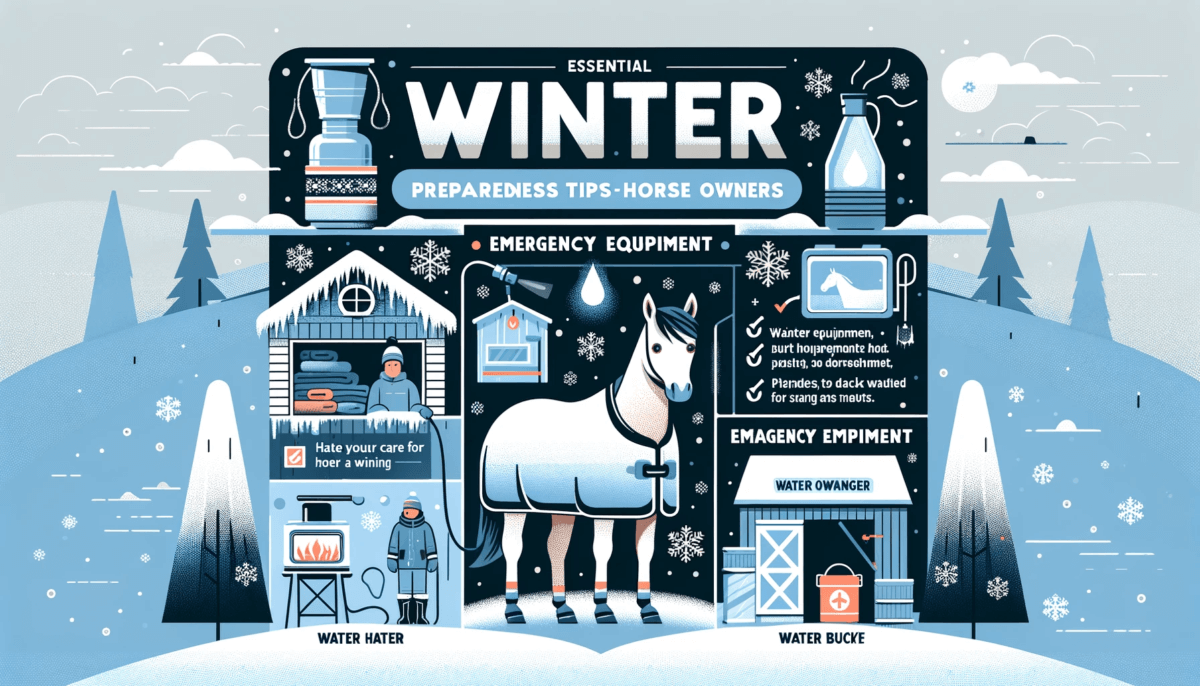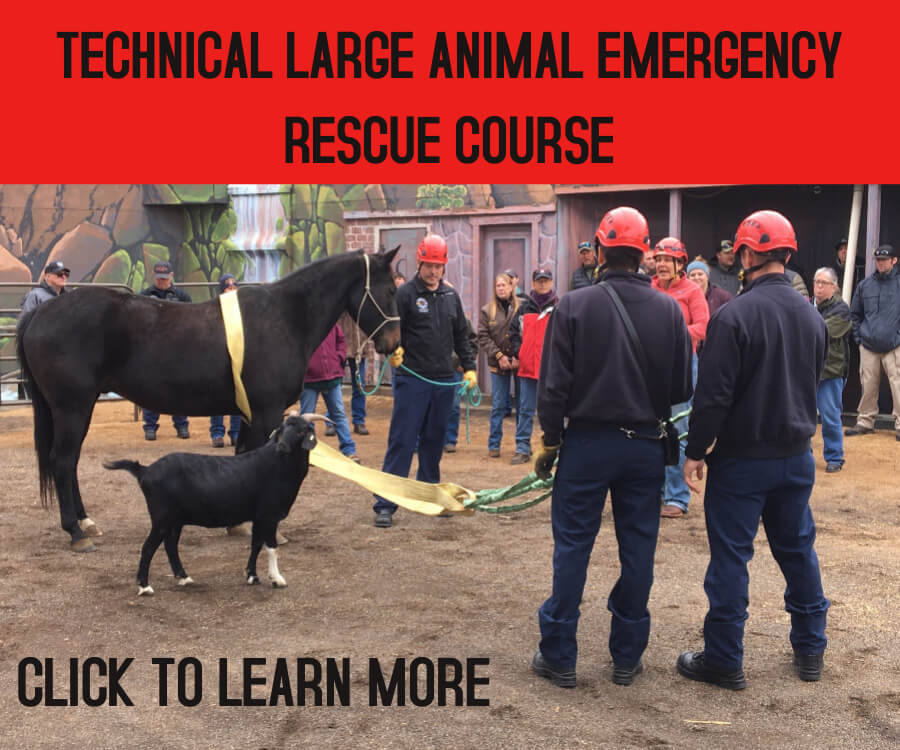Winter storms can be damaging and dangerous, especially for horse owners. To ensure the safety and well-being of your horses during the cold season, it’s important to make some chore efficiency updates on your horse property and have backup supplies on hand. Here are some top considerations for winter preparedness on horse properties.
1. Horse Shelter: While horses have their own natural insulation in the form of winter coats, strong winds, soaking rain, or wet snow can flatten their hair and chill them. Provide some form of simple shelter, such as a tree-lined windbreak, to protect your horse from the wind.
2. Emergency Equipment: Keep headlamp flashlights in easy-to-locate areas in the house and barn, along with extra batteries or chargers. Ensure you have fuel for generators, outdoor cook stoves, and lanterns. A car cell phone charger is also essential for powering cell phones during power outages.
3. Lighting Needs: Good indoor and outdoor lighting is crucial for chore efficiency during dark winter mornings and evenings. Make sure you have enough light to clean stalls, pick up manure, and weigh hay. Consider installing solar lighting along walkways or drives for added safety.
4. Water: Horses drink 8 to 12 gallons of water per day, and they prefer warm water. Ensure they have access to water that is not icy cold, as inadequate water consumption can lead to colic. Breaking ice twice daily, using a stock tank heater, or providing a heated bucket can help keep water from freezing.
5. Power: Store water in rain barrels or garbage cans in case of power loss to your private well. Have a three-day supply of water on hand, with a minimum of 30 gallons per horse.
6. Feed Hay for Warmth: Increase caloric intake by 15 to 20% for every 10-degree drop in temperatures below 30 degrees Fahrenheit. Hay is the best choice for helping horses generate body heat, as it is digested in the large intestine and raises their core temperature.
7. Blankets: Have clean blankets on hand for extreme weather conditions or if a horse becomes hypothermic for other health reasons. Most horses don’t need to be blanketed, but a waterproof turnout blanket can be helpful in certain situations.
8. Clothes for People: Invest in a good, waterproof jacket, calf-high mud boots, and insulated, waterproof gloves to protect yourself from hypothermia while working with horses in inclement weather.
9. Flood-proof Your Property: If you live in a flood-prone area, familiarize yourself with the high-water locations on your property and consider building a “critter pad” above floodwater levels to keep animals safe. Ensure proper permitting and engineering for the critter pad.
By taking these winter preparedness measures, you can ensure the safety and well-being of your horses and yourself during the challenging winter season on horse properties.

The Northwest Horse Source is an independently owned and operated print and online magazine for horse owners and enthusiasts of all breeds and disciplines in the Pacific Northwest. Our contemporary editorial columns are predominantly written by experts in the region, covering the care, training, keeping and enjoyment of horses, with an eye to the specific concerns in our region.




